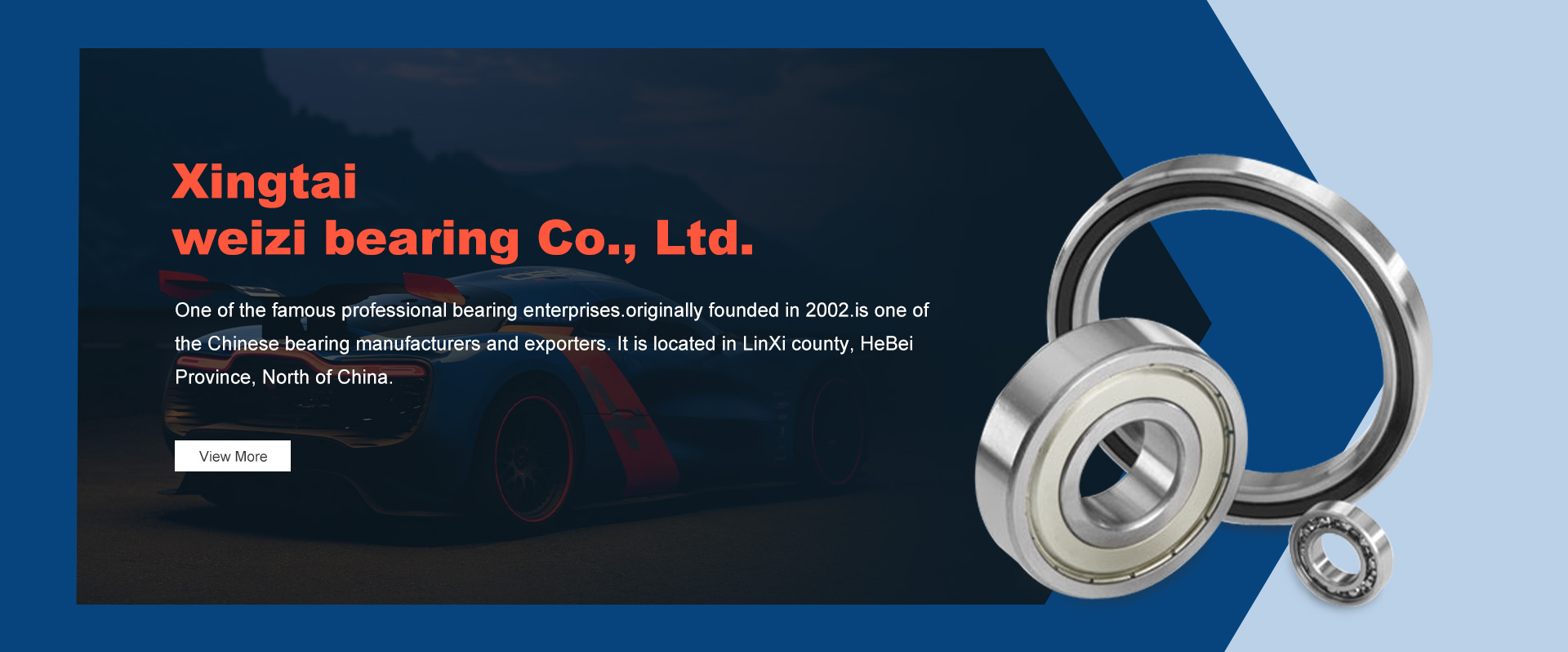
Aug . 15, 2024 03:44 Back to list
Innovative Machinery Solutions for Precision Ball Bearing Production in Modern Manufacturing Industries
The Evolution of Ball Bearing Manufacturing Machines
The production of ball bearings is a critical aspect of modern engineering and machinery. These small, yet pivotal components reduce friction between moving parts, promoting efficiency and longevity in various applications, from automotive to aerospace industries. To meet the growing demand for high-quality ball bearings, the manufacturing process has evolved significantly over the years, particularly with advancements in technology and machinery.
Historical Context
Ball bearings have been utilized since the time of Leonardo da Vinci, who recognized their ability to reduce friction. However, it wasn't until the late 19th century that the industrial production of ball bearings began to take shape. The first significant leap forward came with the introduction of specialized machines designed specifically for bearing manufacture. These early machines, while limited by the technology of the time, set the foundation for what would become a complex and highly automated production process.
Modern Manufacturing Techniques
Today, ball bearing manufacturing machines incorporate cutting-edge technology, which includes computer numerical control (CNC) machining, robotic automation, and advanced material processing. CNC machines have revolutionized the manufacturing process by enabling precise shaping and machining of bearing components, ensuring uniformity and high tolerances that meet strict industry standards. This precision is vital for the performance and reliability of ball bearings.
Robotic automation plays a crucial role in increasing the efficiency of the manufacturing process. Automated systems can handle repetitive tasks such as loading and unloading parts, quality inspections, and even packaging. This not only speeds up production rates but also significantly reduces human error and labor costs, leading to more consistent quality and output.
Key Machines in Ball Bearing Manufacturing
The ball bearing manufacturing process involves several key machines, each playing a vital role in creating the final product.
ball bearing manufacturing machine

1. Forging Machines These machines are used to form the inner and outer races of the bearing from bars of steel or other alloys. The forging process enhances the strength of the material, which is crucial for high-load applications.
2. Lathe Machines After forging, lathe machines are employed to shape and refine the races. Using CNC technology, these machines can produce intricate designs with high precision.
3. Grinding Machines To achieve the desired surface finish and tolerances, grinding machines are essential. They remove any excess material and imperfections, ensuring that the races are smooth and capable of reducing friction effectively.
4. Assembly Machines After the individual components are manufactured, assembly machines bring everything together. These machines are often equipped with vision systems that verify component alignment and ensure that each assembly meets quality standards.
5. Testing Equipment Quality control is paramount in ball bearing production. Advanced testing machines assess the strength, durability, and performance of the bearings, simulating real-world conditions they will encounter in use.
Future Trends
The future of ball bearing manufacturing machines lies in continuous innovation. Industry trends indicate a shift towards more sustainable practices, including reduced energy consumption and waste recycling. The integration of artificial intelligence (AI) within manufacturing processes promises to enhance predictive maintenance, ensuring machines operate efficiently and reducing downtime.
In conclusion, the ball bearing manufacturing machine industry has come a long way from its early beginnings, evolving through advancements in technology and production methods. As demand continues to grow and industries seek more efficient and reliable components, the focus on innovation in manufacturing machines will be paramount to meet these needs. The evolution of these machines not only signifies progress in engineering technology but also highlights the importance of precision and efficiency in modern manufacturing practices.
Latest news
-
Common Failures in Thrust Ball Bearings and Solutions
NewsAug.22,2025
-
How Tapered Roller Bearings Can Take Shock Loads
NewsAug.22,2025
-
Angular Bearings in High-Precision Spindles
NewsAug.22,2025
-
The Impact of Misalignment on Cylindrical Roller Bearing Performance
NewsAug.22,2025
-
The Role of Cage Design in Deep Groove Ball Bearing Durability
NewsAug.22,2025
-
The Impact of Material Quality on Machinery Bearings’ Lifespan
NewsAug.22,2025
